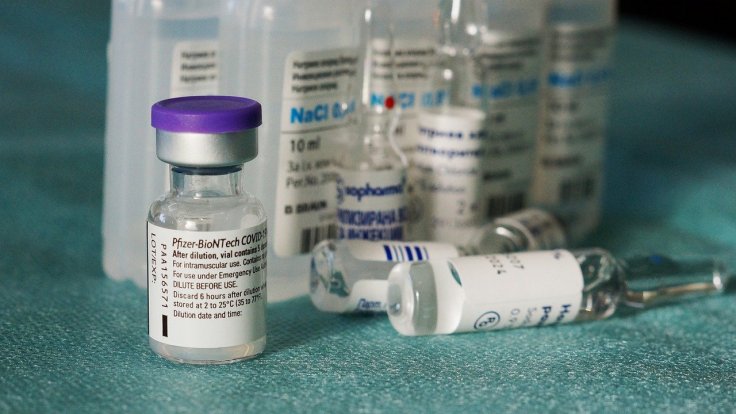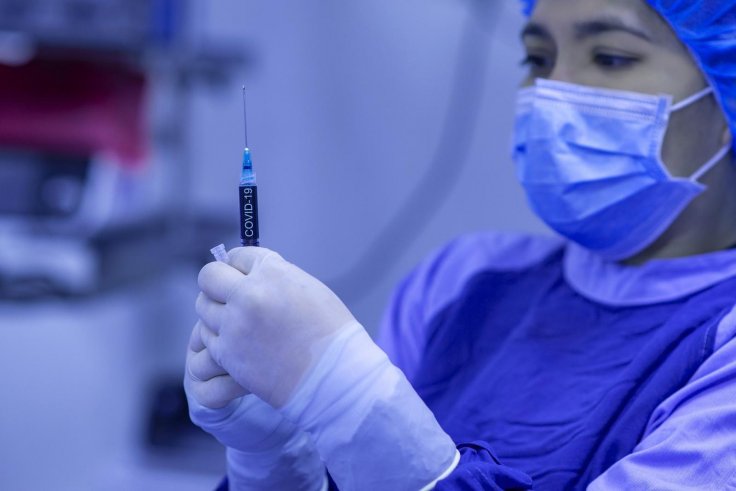A study by researchers of the University of Oxford has revealed that the efficacy of the Pfizer-BioNTech vaccine seems to decline faster than the Oxford-AstraZeneca Vaccine.
The research is based on a study conducted by UK's Office for National Statistics that carried out RT-PCR tests on over 350,000 people from December last year to this month.

Pfizer Covid Jab efficacy declines faster than AstraZeneca
The researchers at Oxford University stated that two shots of Pfizer vaccine have greater effectiveness against the novel coronavirus infection, but it tends to wane faster than two doses of AstraZeneca.
Oxford's AstraZeneca Vaccine is used in India as Covishield, which is currently in demand in vaccination drives.
According to the University's Nuffield Department of Medicine, the dynamics of immunity after second shots of both vaccines was significantly different, where Pfizer had greater efficacy at the initial stage, but it diminishes faster. Experts saw a lower rate of protection from infections in both the shots, even after seven months of full vaccination.
"Results suggest that after four to five months, the effectiveness of these two vaccines would be similar," the scientists said.
The experts are currently focusing on studying the long-term effects of the Covid-19 shots.

Viral Load
It is reported that Israel is ordering booster shots, after vaccinating 58% of the population with Pfizer. This led the researchers to study the effectiveness of the vaccine.
On the other hand, with the spiking cases of the Delta variant, the U.S. has also recommended booster jabs for better immunity due to the low efficiency of Pfizer and Moderna vaccines.
However, it was also discovered that the rate of protection with Pfizer was higher in those who were infected with covid-19, but less effective against the Delta variant.
The researchers added that the viral load in those who were vaccinated and infected with the Delta variant was similar to those who were unvaccinated and infected.
"Peak viral load now appears similar in infected vaccinated and unvaccinated individuals, with potential implications for onward transmission risk, given the strong association between peak Ct (a viral load proxy) and infectivity," experts stated.
According to Koen Pouwels, a senior researcher at Oxford University stated that vaccines might not fully eliminate the virus infection, but it reduces the chance of getting Covid-19.
"Our data shows the potential for vaccinated individuals to still pass Covid-19 onto others, and the importance of testing and self-isolation to reduce transmission risk," Pouwels said.
Sarah Walker, a professor at the University of Oxford, has urged people to get vaccinated as the unvaccinated can easily be infected with high levels of the virus and may not be protected against the new variant.
"We don't yet know how much transmission can happen from people who get Covid-19 after being vaccinated -- for example, they may have high levels of virus for shorter periods of time," Walker said.
It is reported that many western countries have already recommended booster doses to their citizens following concerns over increasing Covid-19 cases.









